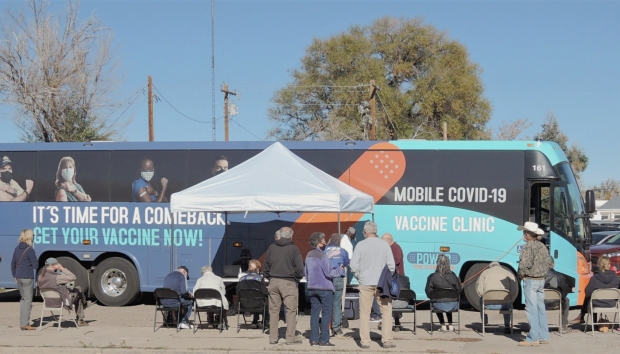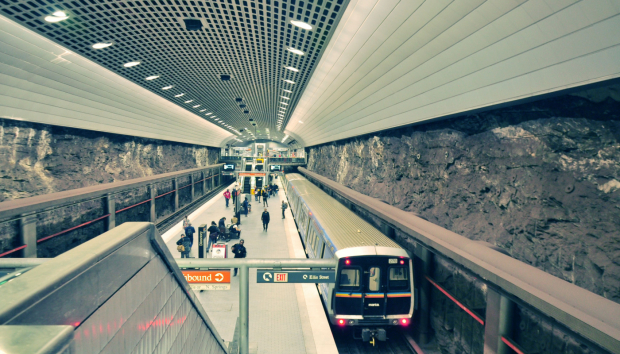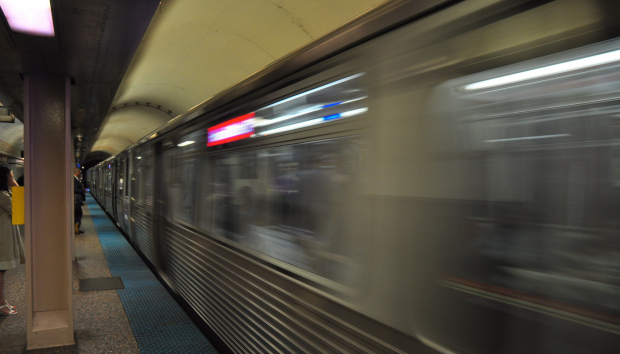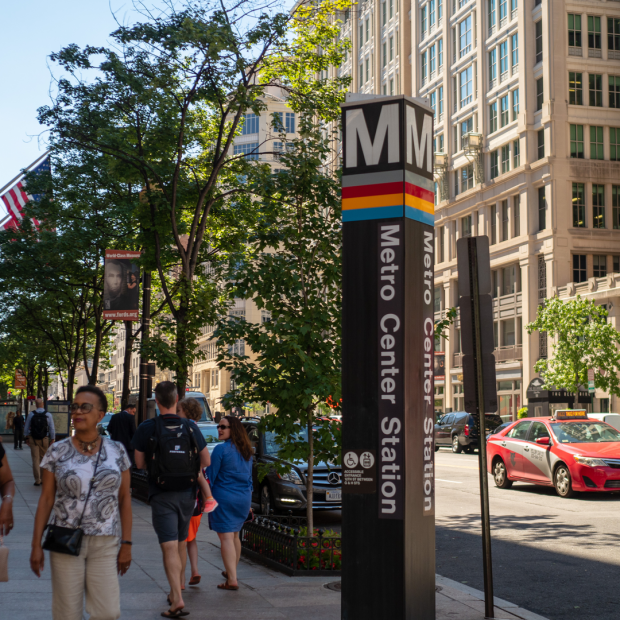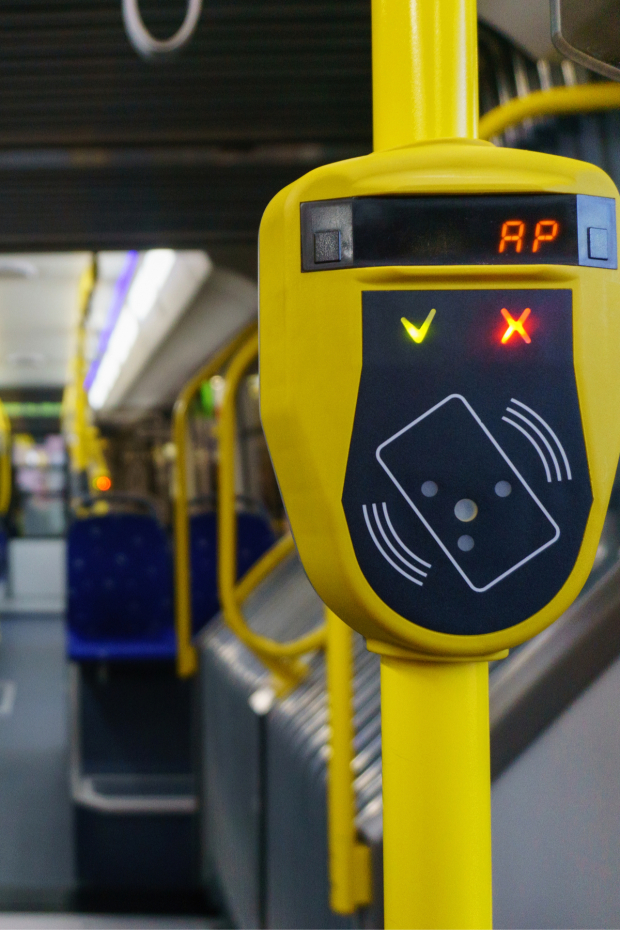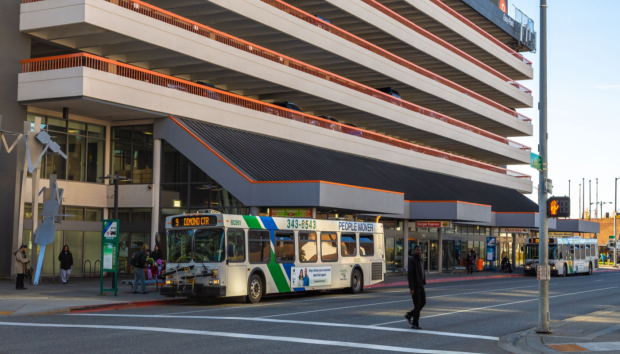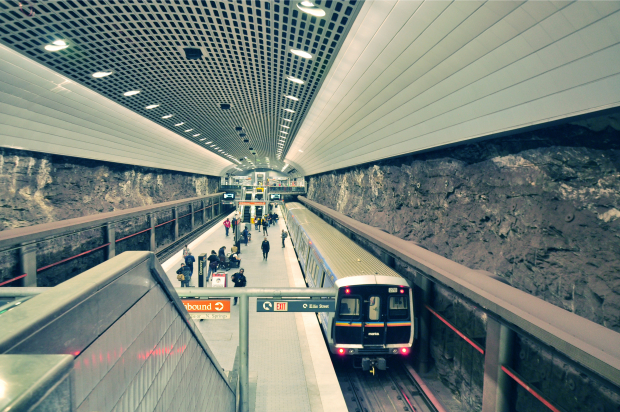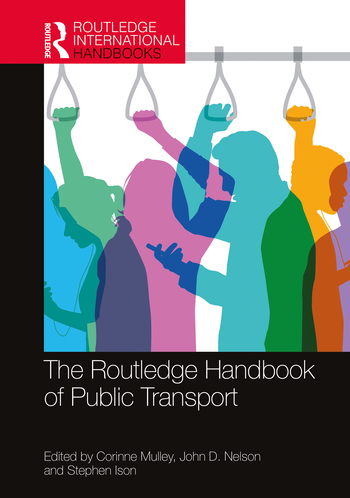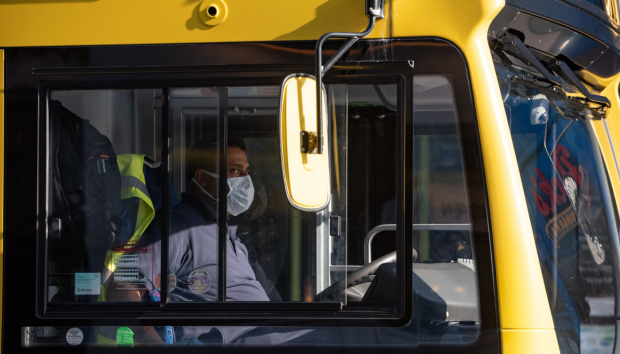
Time is Money: The Economic Benefits of Transit Investment - Chicago
By Chicago Metropolis 2020 with Economic Development Research Group, Fregonese Associates and Smart Mobility, Inc., and for the Chicago Regional Transportation Authority, 2007
Will pouring extra tax dollars into Chicago's public transit yield a positive, long-term return in terms of economic growth and new jobs for the region?
This was the central policy question facing Illinois legislators and the Chicago business community: How much to fund the Chicago Regional Transportation Authority in its current and future budget cycles, weighed against many other funding demands like health and schools? Legislators needed to know just how future metro-area economic growth would be tied to investment in public transit over coming decades.
In 2006, Chicago RTA commissioned EDR Group, Chicago Metropolis 2020, Smart Mobility, and Fregonese Associates to conduct a study that would demonstrate future metro-area economic growth outcomes given alternate levels of investment in public transit. "Time is Money: The Economic Benefits of Transit Investment" is the report detailing their findings, published in September 2007.
The report details four hypothetical transit investment scenarios for Chicago's regional economy. The findings presented Chicago with four broad choices in terms of investment in transportation infrastructure and its potential economic impacts between 2007 and 2020: 1) Diminished funding for transit over time; 2) Fund at the current level, status quo investment; 3) Invest significantly more; or 4) Invest significantly more and reform land use policies.
"Time is Money" demonstrates that higher job growth is possible when improved public transit is considered as a key element in mitigating growing congestion and fostering a vibrant economy.
Importantly, the study also examines a scenario where gasoline prices have doubled by 2020. In this scenario, public transit ridership hours (rail, and bus) increase by as many as 52 million transit hours (a 12% increase) even if current 2007 funding levels are not sustained. Commuting to work in Chicago by bus or train could get a lot worse before it gets better, the study warns. EDR Group applied the TREDIS (Transportation Economic Development Impact System) for this study.
TREDIS Case Study: Chicago RTA
